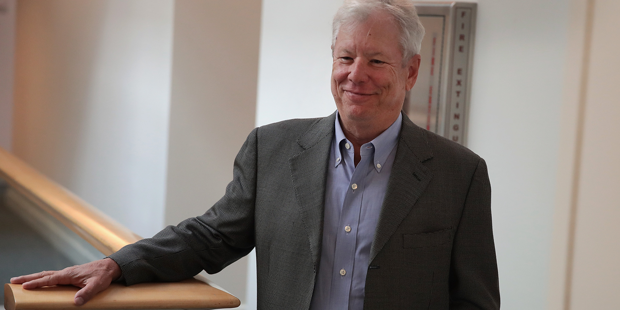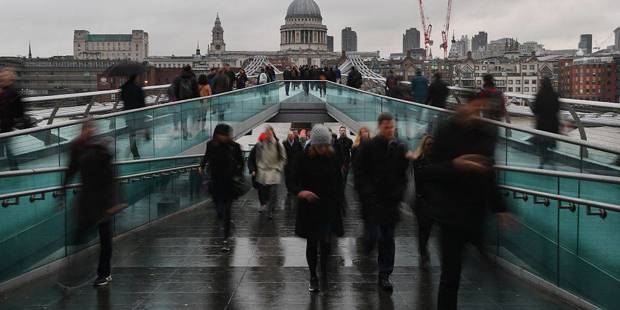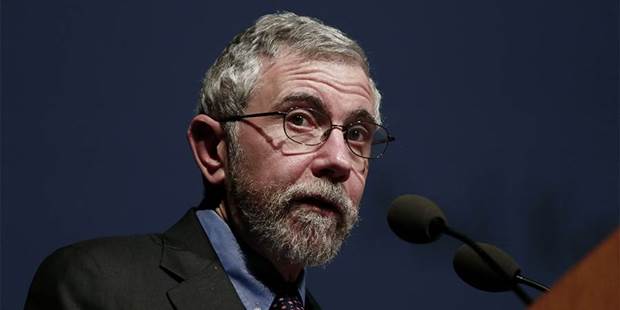The 2008 global financial crisis undermined the widespread belief that economics is akin to the natural sciences, with supposedly immutable laws enabling accurate prediction. One result of this reckoning is that more economists are embracing the social – even the inspirational – side of the dismal science.
- Ricardo Hausmann touts two new books showing how insights from moral psychology are slowly but surely revising our understanding of economic behavior.
- Robert J. Shiller praises the decision to award this year's Nobel Prize in economics to the behavioral economist Richard Thaler.
- Paola Subacchi acknowledges that economics is changing, but worries that it continues to be dominated by the assumptions that led to its post-crisis fall from grace.
- Dani Rodrik cautions that economists must develop a wider array of models to account for different contexts, rather than replacing rigid old assumptions with equally rigid new ones.













